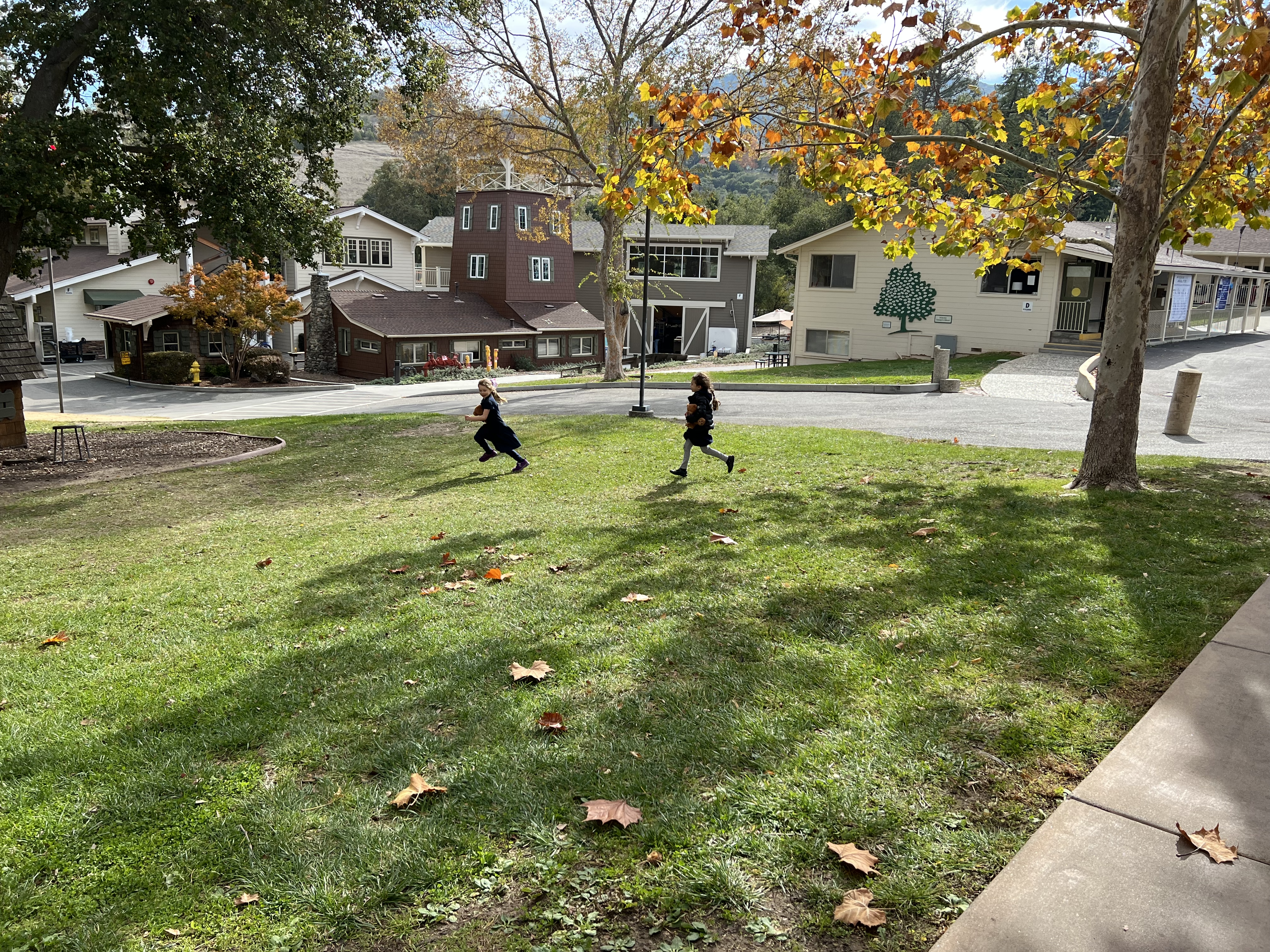Contributed by 6th & 7th Grade English teacher Andrea Holck and 5th & 6th Grade English teacher Matt Callahan
“What? Wow! Why are all my classes blowing my mind today?” a student asked recently, at the close of a particularly arduous class discussion. You might be wondering: what compelling, relevant, topic might we be exploring?
Would it blow your mind to discover that we were studying a well-worn subject of nearly every English class beyond sixth grade? The topic: Shakespeare. Shakespearean sonnets, to be precise.
This particular exclamation arose after we spent a good portion of class paraphrasing one of the more famous of Shakespeare’s 154 sonnets: Sonnet 19. In this poem, the poet discusses time and its effects on beauty, specifically the beauty of his beloved. Students struggled to “translate,” but in the short space of an hour came to the consensus that Shakespeare was getting “sassy” with time (their word). “Do thy worst, Old Time,” Shakespeare dares. “Despite thy wrong / My love shall in my verse ever live young.”
Shortly after this revelation that Shakespeare could cop an attitude with Time: “Why are all of my classes blowing my mind?!” I’m not sure what happened in other classes that day, but as for English, I had to agree; my mind was blown, too. But perhaps in a different way.
Reading Shakespeare, even as an adult educated in literary theory, is hard. Teaching Shakespeare to sixth graders? Well, it is a challenge, to say the least. Let’s look at why.
To fully understand the depth of a single Shakespearean line, one must consider the poet’s use of words that seem familiar to us, but which were used in dramatically different ways at the time the poem was written. We also see words that we have never seen before— thou, thee and their kin—and words we know all too well, but which have been twisted to fit the meter (dimm’d, ow’st, grow’st). So, words are tough.
Then there’s syntax—the words twisted into patterns unfamiliar to a 21st century reader,—blunt thou the lion’s paws was a tough one—and the complicated matter of iambic pentameter—the rhythmic unstressed/stressed syllabic pattern for which Shakespeare is famous.
And we can’t forget rhyme scheme of course! Shakespeare’s chosen pattern of rhymes was invented in rebellion of Petrarch’s tried and true abbabba pattern. Rhyme scheme can be rebellion? Yes!
If that– all of that–is not enough, we can add a healthy dose of that old Shakespearean anxiety which strikes in the hearts of any student faced with the task understanding the basic meaning of a line of Shakespeare. And once understood, we must “go beyond the obvious,” and probe its depths for “deeper meaning.” And then: write about it.
Whew.
But guess what?
We did it. They did it.
I’m not entirely sure if every student left this unit an ardent fan of The Bard; but that was never the goal. In the spectrum of human beings, not all are destined to find themselves in love with poetry, in this case, a particularly opaque brand of poetry. But within these weeks, every student in sixth grade was a part of the unlocking of something that started out fairly concealed. When we presented the first sonnet, one brave voice spoke up: “I honestly don’t have the slightest idea what he’s talking about.” The comment was met with agreement by many.
But slowly, line by line, word by word, we untangled the syntax, unlocked each word, and in the process freed up some beautiful images, grappled with the many possible meanings of a word, debated the nature of relationships, the ethics of lying, and the magical ability that a poet has to “immortalize his love in a poem,” to quote one of our sixth grade scholars.
In the end, if I’m being honest, one very basic goal for this unit was to give students a first experience with Shakespeare that was not defeating. We hoped that each one would walk away having an appreciation, if not a love of, the work we hold in the highest esteem amongst English literature. And I think that happened.
Some days were harder than others, there was frustration, a desire to give up, a serious question about whether all this work was really worth it to get to the kernels of truth we found inside each poem. But education is struggle; without it, we do not grow. To struggle with Shakespeare at such an early stage in one’s education will inevitably be difficult. But if a student stares down what seemed unknowable to start, goes slowly, with patience, persists, grapples, fails, tries again, and ultimately comes out understanding a little more than they did to start? That struggle itself is the very key that can unlock so much of what is mysterious and intimidating about literature (and many other matters of life, for that matter).
In the end, when the clouds part and “the eye of heaven shines” on some new insight, it is rapturous–or, in the words of our students–your mind is blown. Perhaps not simply because of what is seen in the poem; perhaps the real mind-blowing realization is in seeing what your mind is actually capable of with a bit of persistence, discussion, and hard work.
And that is a lesson that never gets old.

